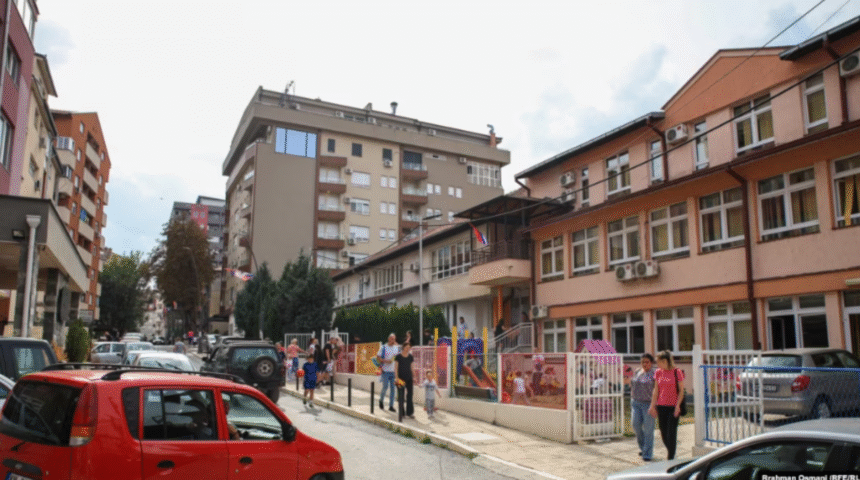Calls from Serb civil society and academic representatives in Kosovo to suspend the Law on Foreigners reveal less about “human rights” and more about Belgrade’s refusal to accept Kosovo’s legal order.
Over 30 organizations and individuals urged QUINT countries, the EU, and the OSCE to pressure Kosovo into halting implementation of the law, claiming it threatens the Serbian education and healthcare system. Their concern: doctors, professors, and students from Serbia could be forced to leave, since the institutions they work in — including the University of North Mitrovica — are not accredited or licensed in Kosovo.
But this is precisely the point. The law does not discriminate; it simply requires what every normal state does: proof of enrollment in accredited schools and work in registered institutions. If the Serbian-run structures refuse to operate legally under Kosovo’s framework, it is not Kosovo that is undermining rights, but Belgrade that is holding its own community hostage.
The statement even goes so far as to warn of a “serious violation of human rights” and a threat to Kosovo’s multiethnic future. Yet, there is no “right” to bypass accreditation, nor a “right” to operate parallel, foreign-run institutions outside state authority. Kosovo has repeatedly offered Serbs opportunities to legalize their status and documents — many have already done so. Those who refuse, do so out of political loyalty to Belgrade, not because of discrimination from Prishtina.
Unsurprisingly, Serbia’s Office for Kosovo described the law as “a new wave of persecution and expulsion of Serbs,” repeating its familiar narrative of victimhood. What it does not mention is that it is Serbia, not Kosovo, that denies Serbs access to accredited schools, licensed healthcare, and full integration into Kosovo’s system.
In short: this is not about protecting human rights. It is about defending Belgrade’s parallel structures, preserving political influence, and keeping Serbs in Kosovo outside of the institutions that actually guarantee their rights.







